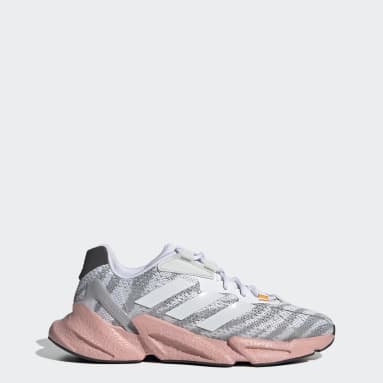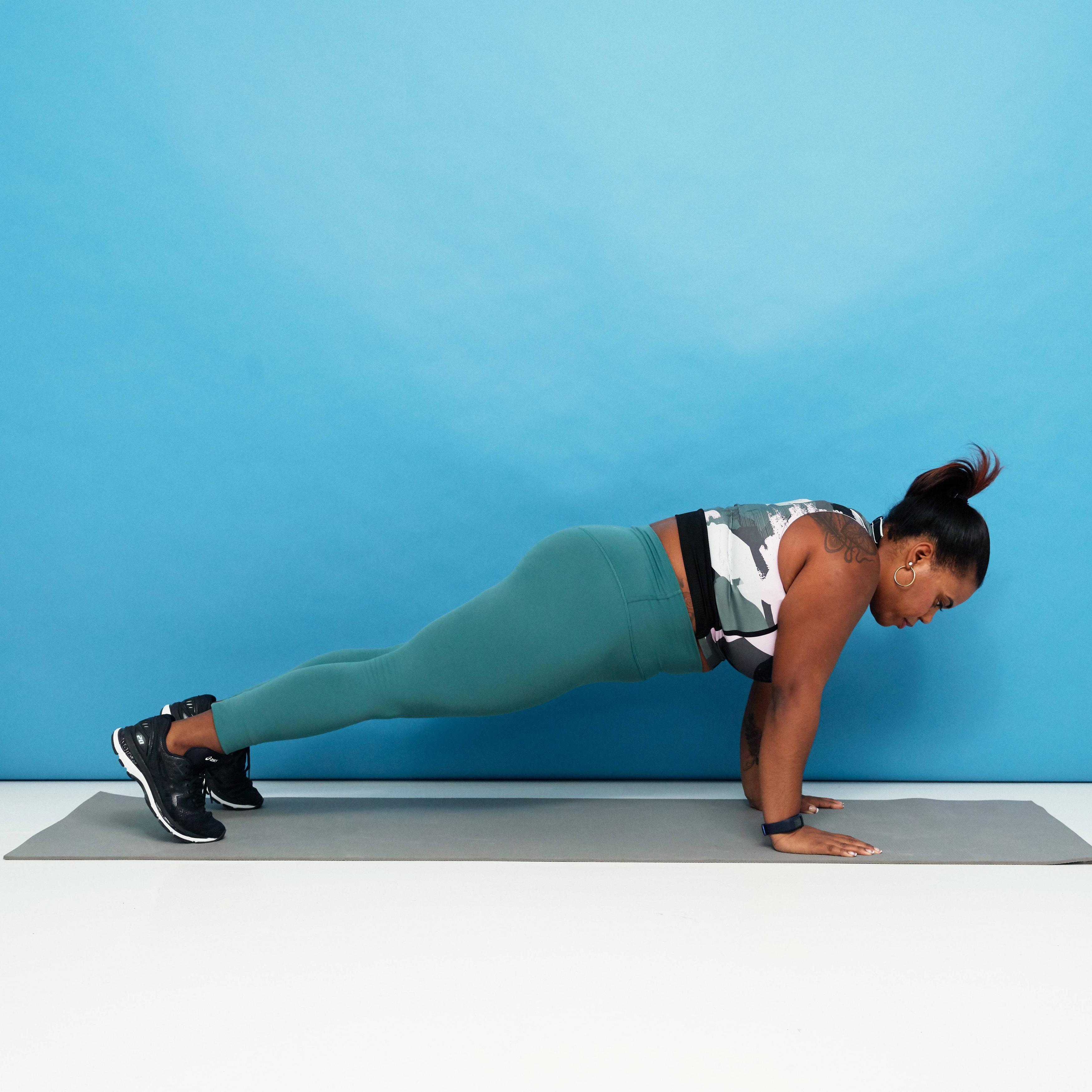
Personal training can be an extremely rewarding career. Personal trainers work with their clients to help them reach their fitness goals, which can be anything from building muscle to improving endurance. A personal trainer can motivate clients to adopt healthier lifestyle choices, as well as help them with their physical tasks.
Typically, personal trainers work in gyms or other leisure centres. The job will usually involve developing workout programs, conducting fitness orientations, and providing diet plans. Applicants can also earn an income by becoming self-employed. To become a personal trainer, it is necessary to first be certified. You can get certified through the American Council on Exercise, National Academy of Sports Medicine, British Red Cross and many other sources.
If you have a Bachelor's degree, this may enhance your chances of landing a personal training job. It is also helpful to gain experience through entry-level positions. It can also be beneficial to obtain a certificate in first aid. These qualifications will distinguish you from other candidates.

You must have great interpersonal skills to succeed in this field. These skills will help you build strong relationships with your clients. As a personal trainer, you can network with friends and family to expand your customer base. You might consider attending competitions in athletics, health and exercise seminars, or joining online fitness social networks.
Invest in liability insurance. Liability insurance can protect you and clients from lawsuits. Many employers require at least a first aid certification. You should keep your business bank account separate from your personal. You can keep a current bookkeeping system in Excel spreadsheets or other accounting software programs. You won't have year-end bookkeeping to worry about.
Internships, shadowing and working with personal trainers are great opportunities to gain valuable work experience. You may also be eligible to apply for positions in local leisure centres or other fitness clubs. To see how hiring works, make sure to visit these locations.
When applying for a personal trainer position, you should highlight your skill set, including your experience and your qualifications. The hiring manager will review your application in a matter of days. You can improve your chances of being interviewed by practicing your interview attire, answering common interview questions and preparing for your interview by doing a mock workout tutorial.

You can also gain exposure to the industry by taking a course in fitness. This can include an anatomy course, kinesiology, or exercise science. These subjects are offered in many schools throughout the United States.
Another great option is to find a mentor to guide you. Your mentor's experience will prove to be invaluable. You will benefit from their expertise in order to stay motivated, organized, efficient, and productive. Research shows that people who are passionate about their work are more productive and happier. A mentor can help you identify the skills that you need to improve.
FAQ
Why is physical exercise important?
It is essential to maintain our physical health. For our health to be healthy, we need to exercise often. Exercise improves sleep quality, helps with stress management, increases energy and boosts self-esteem.
What does Nutrition do for Your Body?
Your body's ability to function properly is aided by nutrition. A balanced diet that includes plenty of fruits, vegetables, lean protein, whole grains, healthy fats, and lean proteins is the best way to ensure you get adequate nutrition.
Why is it important to get enough sleeping?
A healthy lifestyle requires sleep. Sleep is essential for your body to recover from daily stressors and repair itself. You can function at your best throughout the day if you get enough sleep each night.
What if I am exercising and want to eat?
Yes. Yes. Make sure you choose low-calorie snacks such as watermelon, carrots, celery, apples, bananas, and grapes. These foods provide nutrients that improve your performance during exercise.
Do I need to warm up before exercising?
Warming up before an activity reduces muscle soreness and improves performance. Warming up can take many forms, including walking, running or jumping rope, stretching, or cycling. Begin slowly, and then increase the intensity.
Statistics
- Globally, 28% of adults aged 18 and over were not active enough in 2016 (men 23% and women 32%). (who.int)
- In high-income countries, 26% of men and 35% of women were insufficiently physically active, as compared to 12% of men and 24% of women in low-income countries. (who.int)
- According to the Centers for Disease Control and Prevention, chronic diseases cause 7 out of 10 deaths in the U.S., and treating chronic diseases accounts for 86% of U.S. healthcare costs. (mana.md)
- Globally, 81% of adolescents aged 11-17 years were insufficiently physically active in 2016. (who.int)
External Links
How To
How to Lose Belly Fats More Fast
Belly Fat is often considered a problem for those who want to lose weight. It's actually a good thing, in fact. Your organs are protected from being damaged by excess belly fat. Let's look at how to rapidly lose belly fat.
The main factors that lead to body fat storage are stress and lack exercise. Because of its stimulation of the production hormone cortisol, stress can make us feel hungry continuously. Cortisol increases insulin levels in our blood. The excess calories are stored as fat by insulin. Lack of sleep causes the release of adrenaline into our system, leading to increased appetite. These extra calories are broken down through exercise.
There are many options to reduce belly weight. Any one of these can be tried, depending on how much you have to spend. Here are some tips to help you get rid of belly fat quickly.
-
Eat less food. You should eat smaller meals throughout the day than you would if you ate three big meals. This way, you'll consume fewer calories overall.
-
Get plenty of water. Water flushes out toxins and keeps you hydrated. Also, drinking water before every meal will keep you feeling full longer so you won't overeat.
-
Avoid unhealthy snacks. If you're looking for quick fixes, snack foods like chips, cookies, candies, etc. It might sound tempting. These sugary treats have lots of empty calories so avoid them. Instead, opt for healthy alternatives such as fruits, vegetables and whole grains.
-
Strength training should be performed at least 3 times per week. Strength training helps build muscle mass, which means that you can burn more calories even when you are resting. Strengthening your bones, muscles as well ligaments, joints, tendons, heart and lungs.
-
Regularly walk or stretch. Stretching can improve flexibility, mobility, and reduce back pain. Walking is a great way of burning calories, especially when you do it for just 30 minutes.
-
Reduce alcohol intake. Reduce alcohol intake. Alcohol is a waste of calories and has no nutritional value.
-
Lose weight gradually. The first step towards losing weight is to identify what your current weight is. Then calculate your ideal weight by adding 5% to 10% of your total body weight. Once you have reached your target weight, begin decreasing your daily calories intake by 500-1 000 calories until you reach your goal.
-
Avoid processed foods. These foods are high-in salt, sugar, as well as preservatives. Although they are convenient, processed foods don't have enough nutrients to sustain your health.
-
Don't skip breakfast! Consuming breakfast increases concentration, memory and energy levels. Protein (like eggs), fiber and complex carbohydrates (like oatmeal) should be included in breakfast.
-
Have regular bowel movements. Constipation and irregularity cause bloating and gas. To prevent this, drink plenty of water and increase fiber intake.